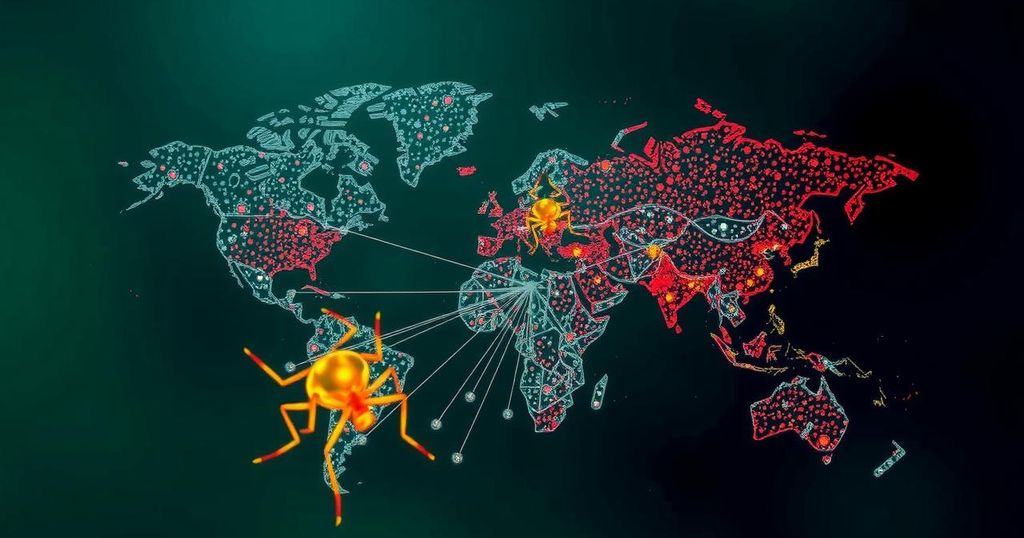Climate Change and Dengue Fever: A Growing Concern for Global Health

A recent study reveals that climate change contributes to nearly 19 percent of dengue cases globally this year, as rising temperatures enable mosquitoes to invade new areas. Increased dengue risk is projected in higher elevations of South America over the next few decades. Researchers are also exploring Wolbachia-infected mosquitoes as a potential solution to combat the rise of dengue fever.
Recent research from the United States indicates that climate change is responsible for approximately 19 percent of the unprecedented dengue fever cases reported globally this year. As temperatures rise, dengue-carrying mosquitoes are increasingly invading new regions, exacerbating spread. Researchers analyzed data from 21 countries and found that higher ambient temperatures are ideal for dengue proliferation. Shrinking elevations within South America may see a staggering 200 percent increase in dengue cases over the next quarter-century if trends persist. Furthermore, the World Health Organization has noted that dengue cases have nearly doubled in 2023, suggesting significant underreporting of actual figures. In response to this alarming trend, researchers are investigating innovative solutions, such as breeding mosquitoes that harbor the Wolbachia bacteria, which could impede the transmission of dengue. Notably, in Brazil’s Niteroi city, where Wolbachia-infected mosquitoes were released, the dengue outbreak saw only a minor increase, indicating potential long-term community protection. Future plans include producing Wolbachia mosquitoes in partnership with Brazilian authorities to safeguard public health more effectively.
The relationship between climate change and health is an emerging field of study, particularly as shifting climates influence the prevalence of vector-borne diseases such as dengue fever. Dengue, traditionally associated with tropical and sub-tropical climates, is spreading into new geographical territories due in part to climate-induced temperature increases. This has prompted researchers to explore the impact of global warming on mosquito populations and the resulting implications for human health. The potential economic and health repercussions of climate change necessitate urgent research and preventive measures to mitigate public health risks associated with diseases like dengue.
In conclusion, the correlation between climate change and the escalation of dengue fever cases underscores the urgent need for public health interventions and global efforts to combat climate change. With rising temperatures extending the geographical range of disease vectors, the research on Wolbachia mosquitoes offers a promising avenue for mitigating these public health threats. It is imperative that ongoing studies and protective measures are prioritized to safeguard populations vulnerable to climate-induced health crises.
Original Source: www.barrons.com






